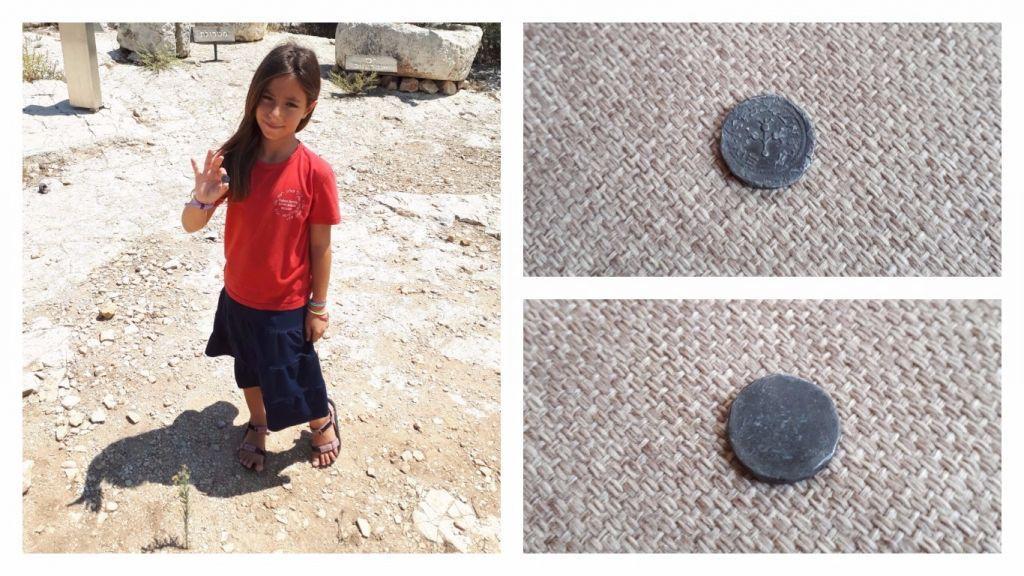Benjamin Netanyahu mistakes museum souvenir for 2,000 year old Jewish coin
Before mix-up discovered Israeli prime minister used rare West Bank find to justify the presence of Jewish settlements on Palestinian land

Your support helps us to tell the story
From reproductive rights to climate change to Big Tech, The Independent is on the ground when the story is developing. Whether it's investigating the financials of Elon Musk's pro-Trump PAC or producing our latest documentary, 'The A Word', which shines a light on the American women fighting for reproductive rights, we know how important it is to parse out the facts from the messaging.
At such a critical moment in US history, we need reporters on the ground. Your donation allows us to keep sending journalists to speak to both sides of the story.
The Independent is trusted by Americans across the entire political spectrum. And unlike many other quality news outlets, we choose not to lock Americans out of our reporting and analysis with paywalls. We believe quality journalism should be available to everyone, paid for by those who can afford it.
Your support makes all the difference.Many in Israel were captivated by the charming story of eight-year-old Hallel Halevy, who recently discovered an ancient half-shekel coin on the ground when picking up her sister from nursery school in Halamish, an Israeli settlement in the West Bank.
The rare find featuring a three-branched pomegranate plant with the words ‘Holy Jerusalem’ in ancient First Temple lettering was thought to be 2,000 years old, dating from the period of the Jews' Great Revolt against the Romans.
Her father asked a history professor neighbour to help identify its origin, who dated it to between 67 to 70 AD - but stressed that it needed further examination.
The story was picked up by Israeli media and in particular delighted Israeli Prime Minister Benjamin Netanyahu, who took to Facebook to say that the coin’s discovery was evidence of the Jewish right to live in the West Bank.
The coin represented “the deep connection between the people of Israel and its land – to Jerusalem, to our Temple and to the settlements of Judea and Samaria,” he wrote.
This week, however, an archeologist from the Israel Museum has got in touch with the Times of Israel to say that the find was not actually a rare historical artefact, but one of thousands of souvenir coins sold by the museum over the last 20 years.
“There is no chance that it is authentic; it is not an ancient coin. Even to call it a coin is to exaggerate what it is,” Dr Haim Gitler told the paper.
With only one face and the exact same markings as the Israel Museum’s mould, Hallel’s coin was probably about 15 years old, he added.
“You can’t really call it a fake, because it is not intentionally created to misrepresent”, Dr Gitler said, pointing out that one side of the coin was left blank on purpose to avoid misidentification.
Mr Netanyahu’s post was removed until the issue could be clarified, a representative from his office said.
Join our commenting forum
Join thought-provoking conversations, follow other Independent readers and see their replies
Comments